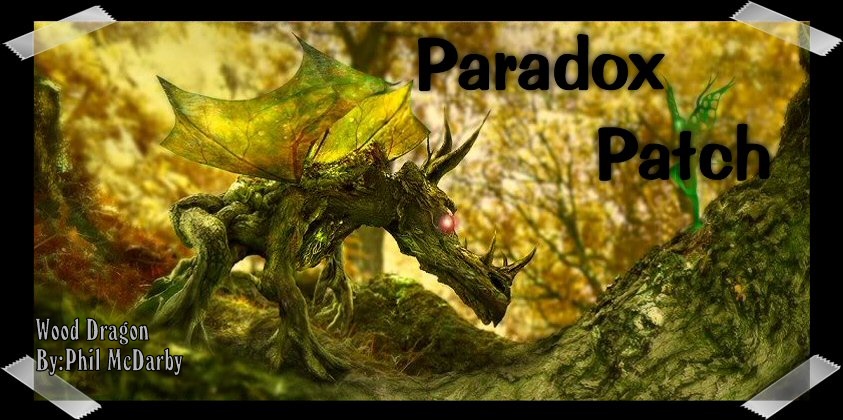This year I think I gained a new appreciation for the entire process. Handel moves me in a way no classical composer does. It's not his life experiences or that I particularly love his compositions better than any of his contemporary Bach or other composers of eras gone by. I've picked up things through the years that touch me in ways that many people who know me and love don't understand. I remember reading once that his production of the Messiah in Dublin for a charitable benefit concerts at the Foundling Hospital (an organization for underprivileged children, and which still exists today as The Thomas Coram Foundation). Our production is free of charge (thanks to State Bank of Southern Utah and The Leavitt Group) in the spirit that Handel intended it to be.
Yet another remarkable part of my experience is that we are a fairly small Mormon community. A cow-town, if you will. Yet we are known as the 'Festival City' with our Tony Award winning Utah Shakespearean Festival that was the dream of Fred Adams who founded it in 1961 building an amazing replica of the Globe theater. For more info on Fred Adams click *here* Or the USF *here*. More info on our other festivals click *here*.
Back to Messiah. So this year my oldest daughter through much begging on my part to sing with me and reluctantly agreed. In the end she enjoyed it and I'm pretty sure she'll keep doing it. My youngest can't wait. She has 3 years. It was especially meaningful to me. She learned to appreciate the technical challenge of the music, the joy of working with Adrienne but most of all the force of nature that is Xun Sun. He's no taller than we are and he manages to conduct each section of that orchestra with a precision that is unbelievable. His happiness when we succeed is apparent. His reverence for the music is palpable and sometimes I think he's going to explode in his energy of conducting it.
Having taken a few years of I've noticed more that is the genius that IS George Fredrick Handel. In the tenor aria Every Valley Shall Be Exalted, Handel displays a technique called "word painting" with its visually apparent in the score as well as the sound AND the movements of Xun.
Handel is famous for employing word painting – the musical technique of having the melody mimic the literal meaning of its lyrics – in many of his works. Perhaps the most famous and oft-quoted example of the technique is in Every valley shall be exalted, the tenor aria early in Part I of Messiah. On the lyric "...and every mountain and hill made low; the crooked straight and the rough places plain", Handel composes it thus:

(Source: Wiki)
The notes climb to the high F♯ on the first syllable of mountain to drop an octave on the second syllable. The four notes on the word hill form a small hill, and the word low descends to the lowest note of the phrase. On crooked, the melody twice alternates between C♯ and B to rest on the B for two beats through the word straight. The word plain is written, for the most part, on the high E for three measures, with some minor deviation. He applies the same strategy throughout the repetition of the final phrase: the crookeds being crooked and plain descending on three lengthy planes. He uses this technique frequently throughout the rest of the aria, specifically on the word exalted, which contains several 16th-note (semiquaver) melismas and two leaps to a high E:

We are often told to sing certain selections as if we are socializing and, in effect, gossiping of the news that For Unto Us A Child is Born. And that we are reacting to it all by exclaiming independently Hallelujah This year I noticed that toward the end of the Amens that the bass's reverence is passed in a wave to the tenors, then the altos. It's simply stunning and timeless.
Our first performance was preceeded by a prayer by a female reverend (unknown denomination) that said something that I will always remember. How blessed we are to be performing music inspired by God and that it's message will touch our past present and future regardless of religious affiliation. Handel knew this.
The startled composer, tears streaming down his face, turns to his servant and cries out, “I did think I did see all Heaven before me, and the great God Himself.” George Frederic Handel had just finished writing a movement that would take its place in history as the Hallelujah Chorus.
Xun certainly knows what Handel spoke of, often taking a moment before the performance or a movement to bow his head and commune with God or perhaps Handel himself.
More info on Xun Sun, click *here*

More info on Adrienne Tawa click *here*



No comments:
Post a Comment